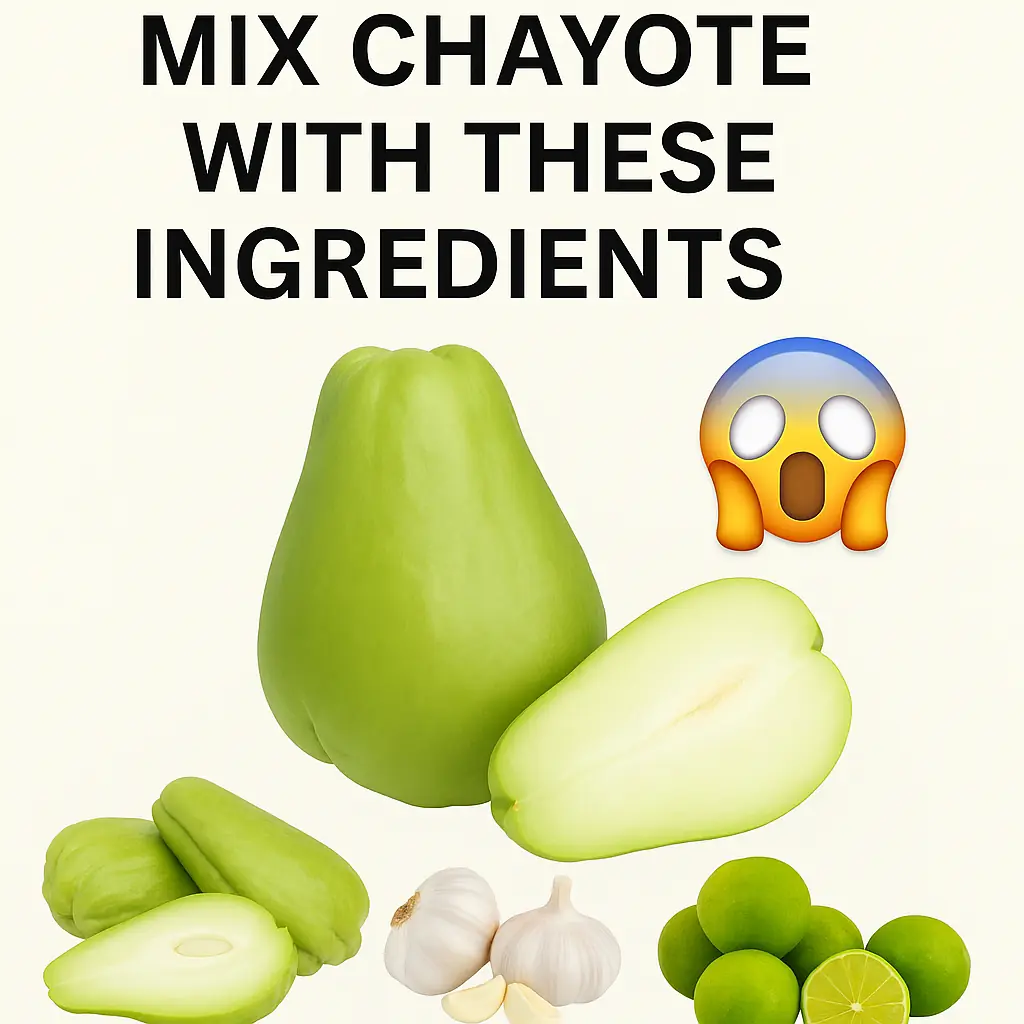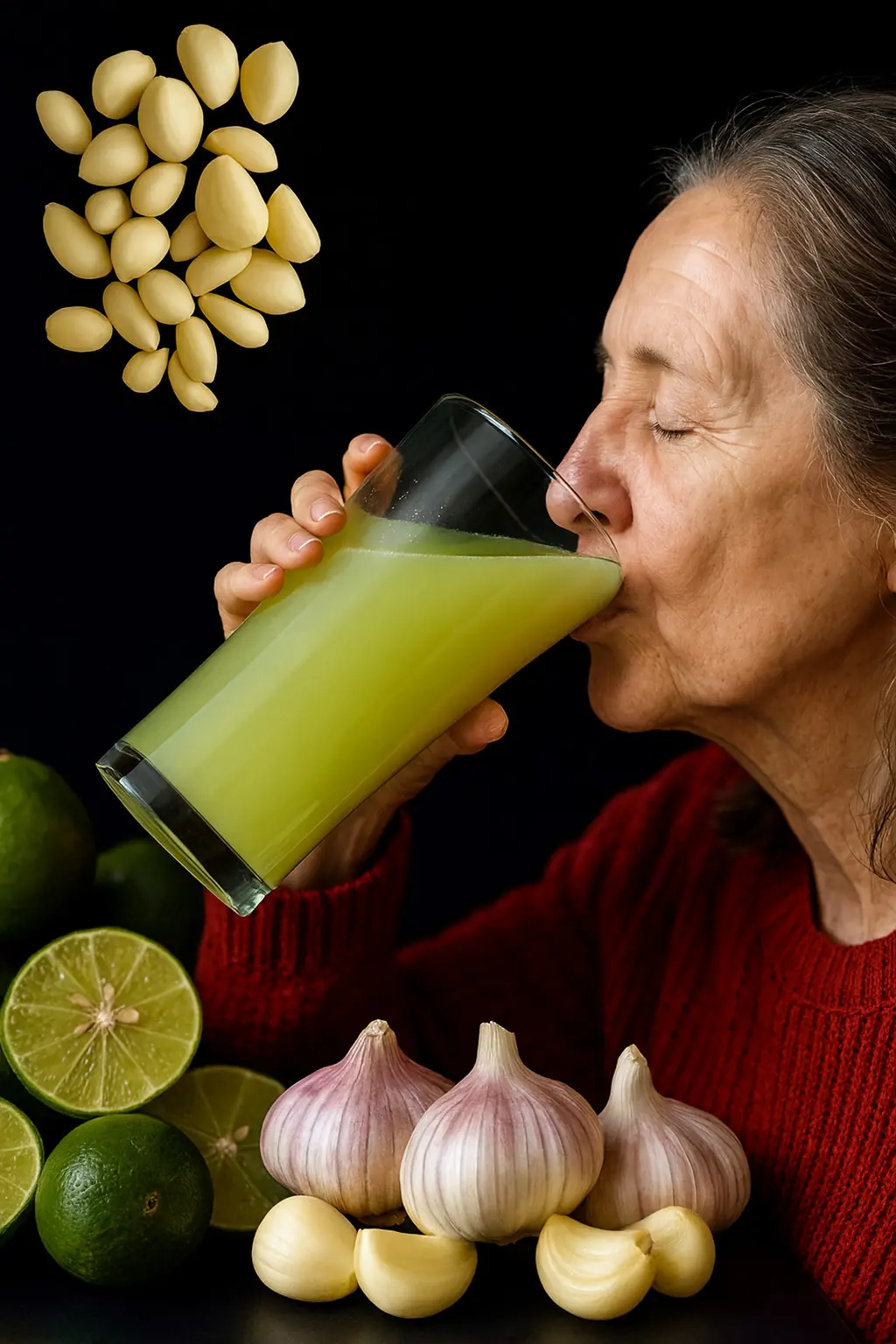Soursop, also known as graviola, has gained popularity as a natural remedy believed to have anticancer properties. This article explores the characteristics of this plant, its use in alternative medicine, and how scientific research has influenced perceptions of its benefits. However, it’s important to emphasize that the information provided here should not replace professional medical advice.
What Is Soursop and What Are Its Benefits?
Soursop is a tropical fruit grown in warm regions of Latin America and other parts of the world. Its sweet, juicy pulp makes it a popular ingredient in juices, smoothies, and desserts. Beyond its delicious taste, the soursop leaf has drawn particular interest for its high content of nutrients and antioxidants, which have been linked to potential benefits in fighting various diseases, including cancer.
Supporters of soursop claim that its extract can help eliminate cancer cells and promote overall health. Various studies have examined its properties, and while some results are promising, it’s essential to approach the topic with skepticism and rely on solid scientific evidence.
Key Components of Soursop
One of the main reasons soursop has attracted scientific interest is its bioactive compounds, which include:
-
Acetogenins: Chemicals that may have antitumor properties. Some in vitro studies have shown they can inhibit the growth of certain cancer cell lines.
-
Antioxidants: Crucial for fighting cellular damage and oxidative stress, which can contribute to cancer development. Soursop is known for its ability to neutralize free radicals.
-
Vitamins and Minerals: Both the fruit and leaves are rich in vitamin C, B1, B2, and minerals such as iron and magnesium, all essential for maintaining a healthy immune system.
Soursop in Natural Medicine
The use of soursop in alternative medicine is not new. For centuries, indigenous communities have used its leaves and fruit to treat ailments ranging from fever to infections. With modern scientific interest, numerous soursop-based products have emerged on the market, from supplements to concentrated extracts.
One of the most common ways to consume it is through leaf infusions. Preparing soursop tea is simple—boil the leaves in water for a few minutes, strain the liquid, and drink. However, it’s always recommended to consult a healthcare professional before starting any alternative treatment.
Scientific Research and Considerations
Despite the praise for soursop in natural medicine, most research has been conducted in laboratories, and there is no strong medical consensus on its effectiveness. While some preliminary studies have shown positive effects, many have not been replicated in human clinical trials.
Therefore, although the hope that soursop could be an ally in the fight against cancer is appealing, it is crucial to be realistic. Self-medicating and rejecting conventional treatments can have serious health consequences. Always follow the advice of an oncologist or qualified doctor.
How to Include Soursop in Your Diet
If you want to try soursop, there are several ways to enjoy it:
-
Juices and Smoothies: Blend soursop pulp with other fruits for a tropical drink.
-
Desserts: Use the pulp to make ice creams or jellies.
-
Soursop Leaf Tea: As mentioned earlier, infusions are a traditional way to consume it.
Conclusion: Soursop and Cancer
Soursop is a delicious and nutritious fruit with a long history in natural medicine for treating various ailments, including cancer. While some compounds in the plant have shown promising results in early research, the medical community stresses that more studies are needed to confirm these claims. Before considering soursop as part of any treatment plan, consult a healthcare professional and follow evidence-based medical care. Your health is important—always act with caution and responsibility.

































